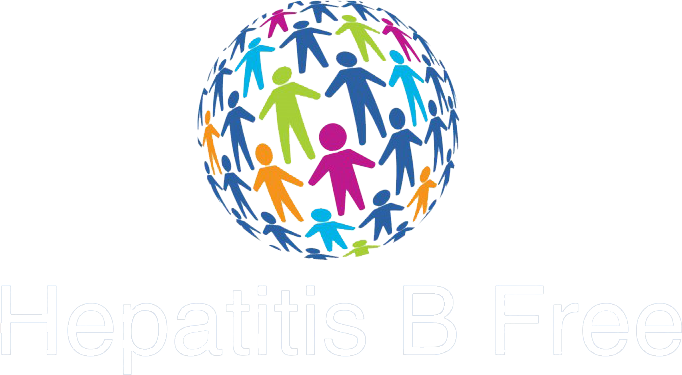March 2024 Project Update
To our supporters:
We thank you for your continued support. Since the beginning of 2024, our Hepatitis B Free
teams have been very active, and the rest of the year will be busy, indeed. As we visit our
wide-ranging projects our goals include: increasing public awareness of the dangers of
hepatitis; building infrastructure such as strengthening testing and laboratory capabilities;
training health personnel to achieve sustainability; reducing the burden of disease through
prevention and treatment; and ultimately, eliminating hepatitis in each country.
In January, Dr. Alice Lee and Sue Huntley travelled to the Pacific Island country of Niue. A
recent screening of the entire population of Niue for hepatitis B identified a small number of
positive cases. These individuals were seen by our team and started on treatment as
indicated. These accomplishments qualify Niue to be the first country in the world to have
eliminated hepatitis B. A film crew from New Zealand documented these activities, and a
link to the video will be posted on our website www.hepatitisbfree.org.au
A team of Drs. Alice Lee, Thomas Russell, and David Hilmers, along with Sue Huntley and
sonographer Grace Moon visited our project in Kiribati in March. We had an extremely busy
yet highly productive trip. Major activities included the introduction of a new electronic health
record to the hepatitis clinic at the main hospital in South Tarawa; evaluating approximately
250 patients in clinic; performing endoscopy (gastroscopy and colonoscopy) and training
local physicians in its use; teaching medical assistants and nurses about hepatitis during a
two day seminar; and providing hepatitis education for medical students, medical residents,
and staff. Endoscopy revealed three previously undiagnosed cancers, and several more
cancers were identified by ultrasound and during clinical examination. Approximately 100
patients were started or continued on life-saving therapy during our clinics. In addition, we
had productive meetings with the Australian embassy, the local World Health Organization
representative, volunteers from other charitable organizations, officials from local and foreign
businesses, and high level members of the Ministry of Health and Medical Services. Many
needs remain unfilled due to inadequate funding, particularly on the more remote outer
islands, and we are in the process of submitting multiple grants to potential donors to try to
bridge these gaps. We have already started a universal screening program on South
Tarawa, where over half the population of Kiribati lives, with our partners from the University
of Sydney with whom we share a grant from the Australian government.
The rest of 2024 promises to be full on. Two more trips are planned to Kiribati and at least
one to Papua New Guinea and Tonga. In September a team will travel to Madagascar to
continue our work there. None of this could be possible without your support and
encouragement, both of which are deeply appreciated.
Best wishes,
David Hilmers
